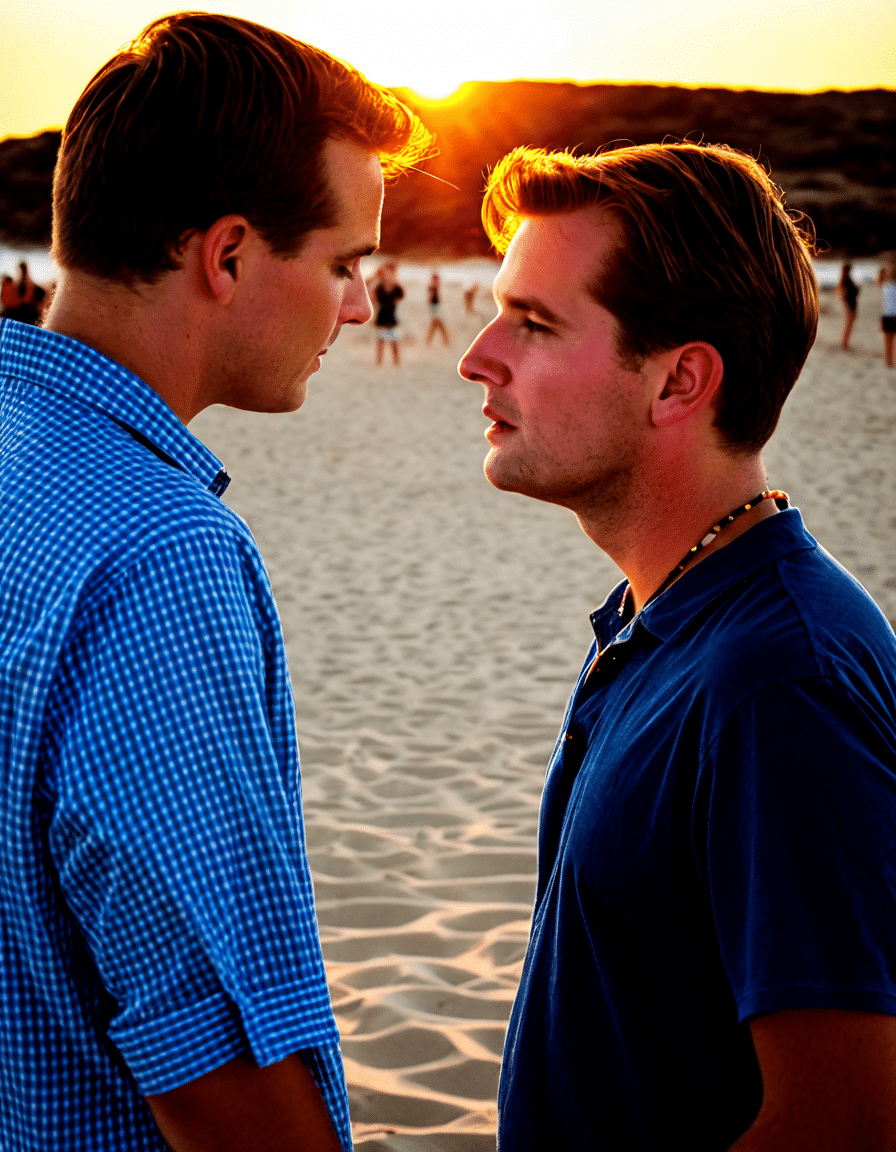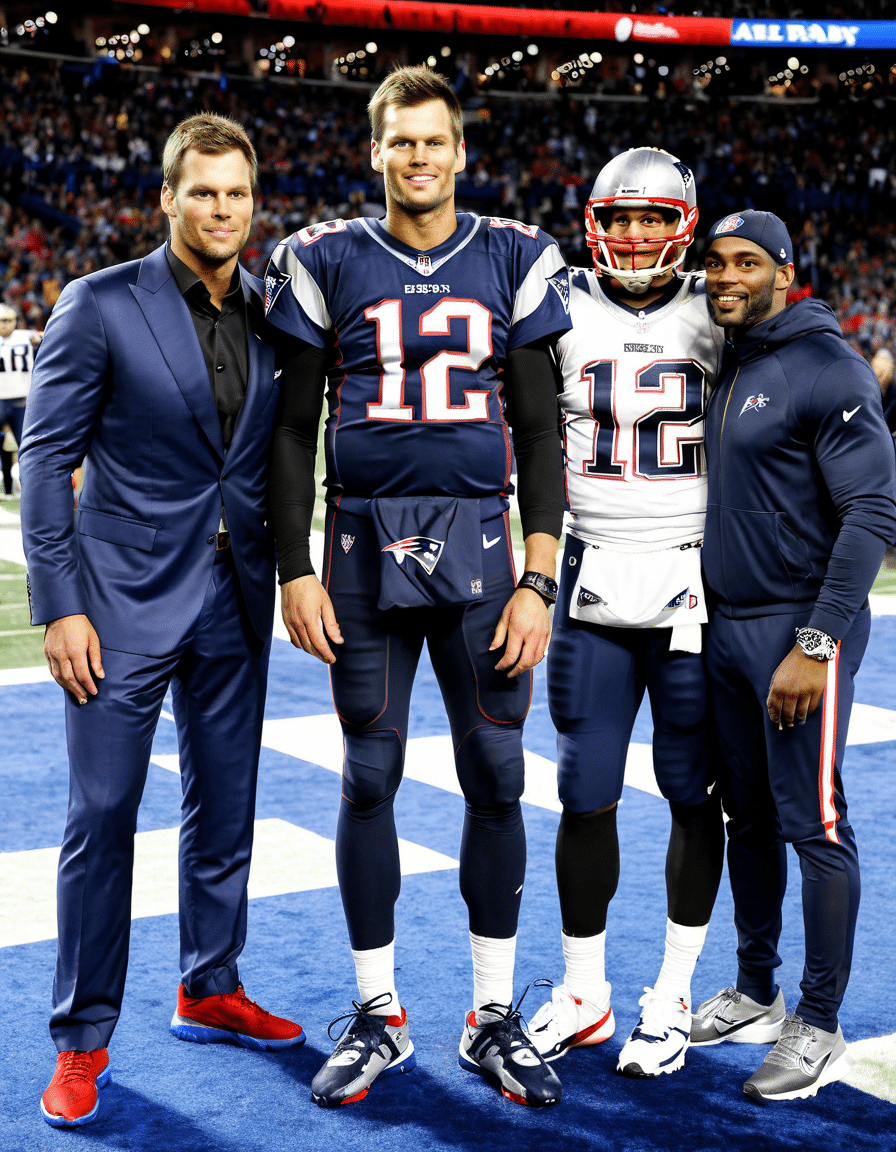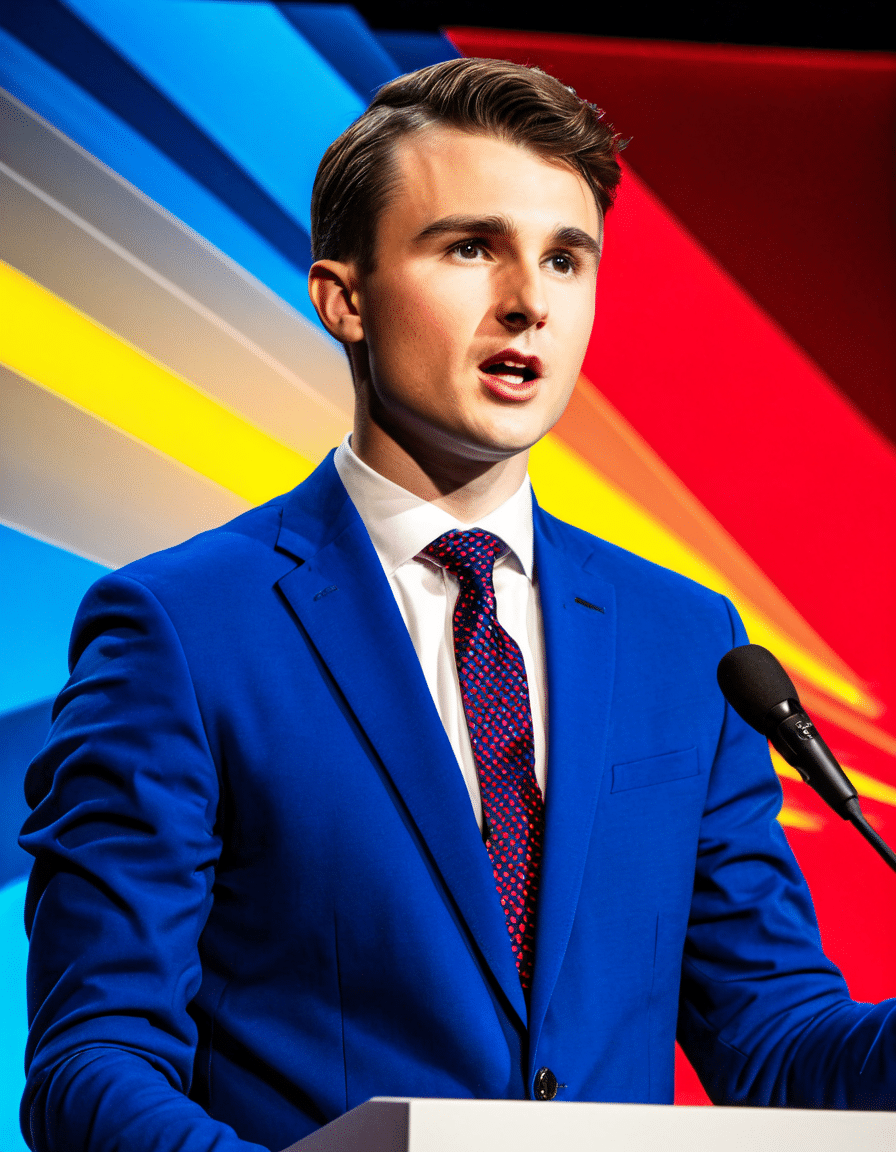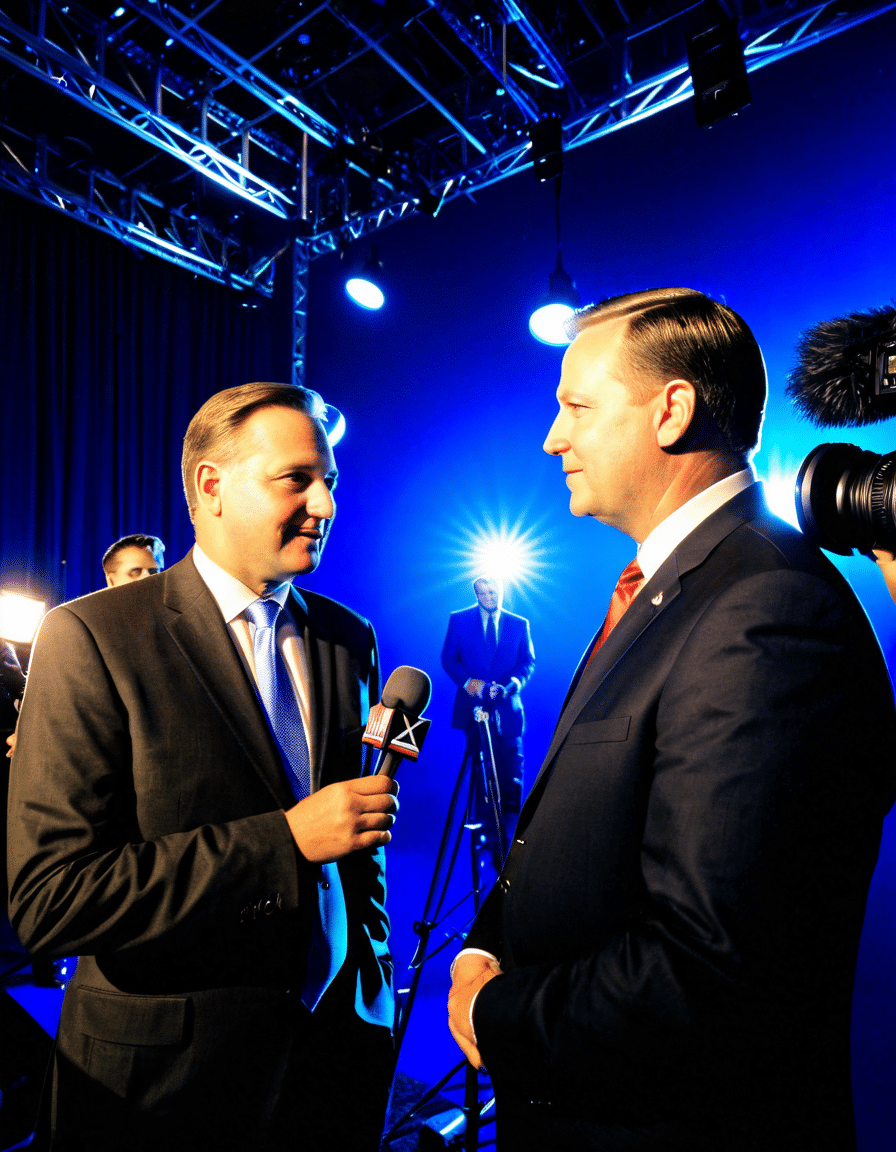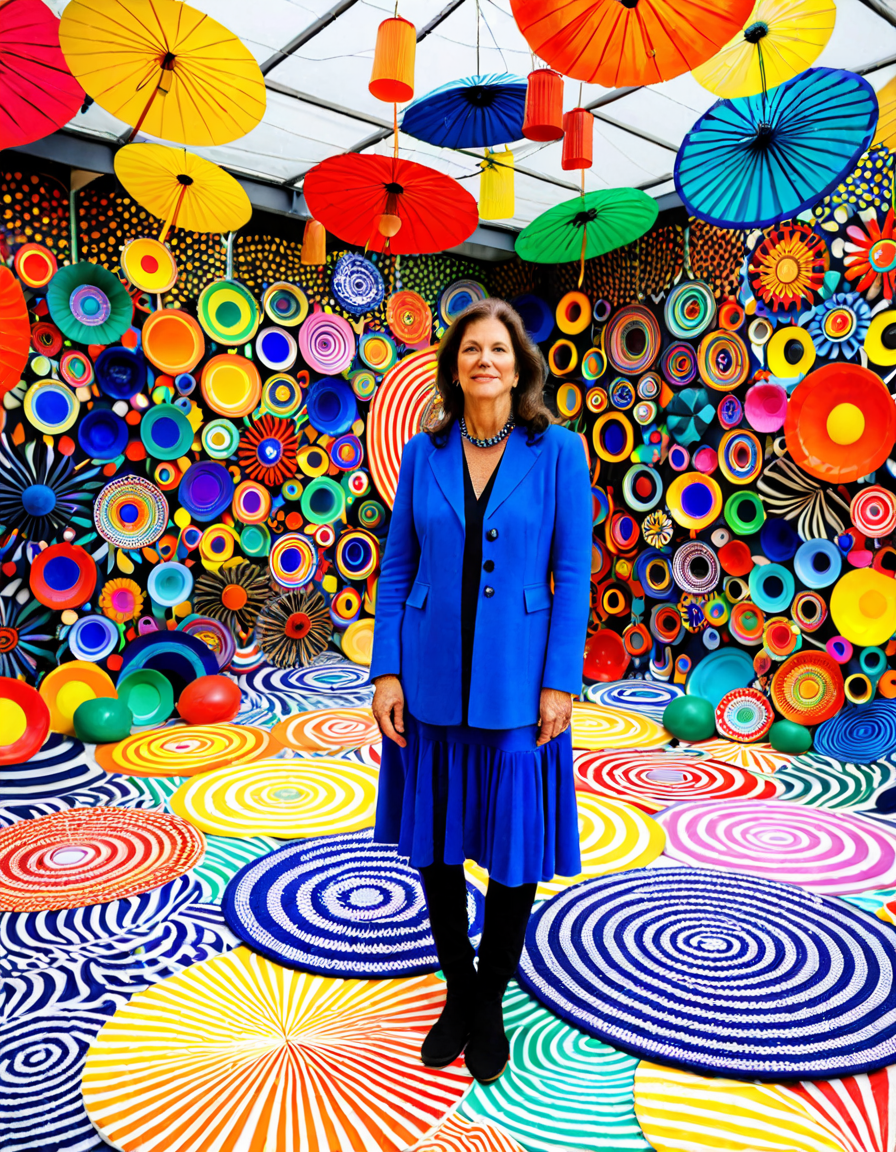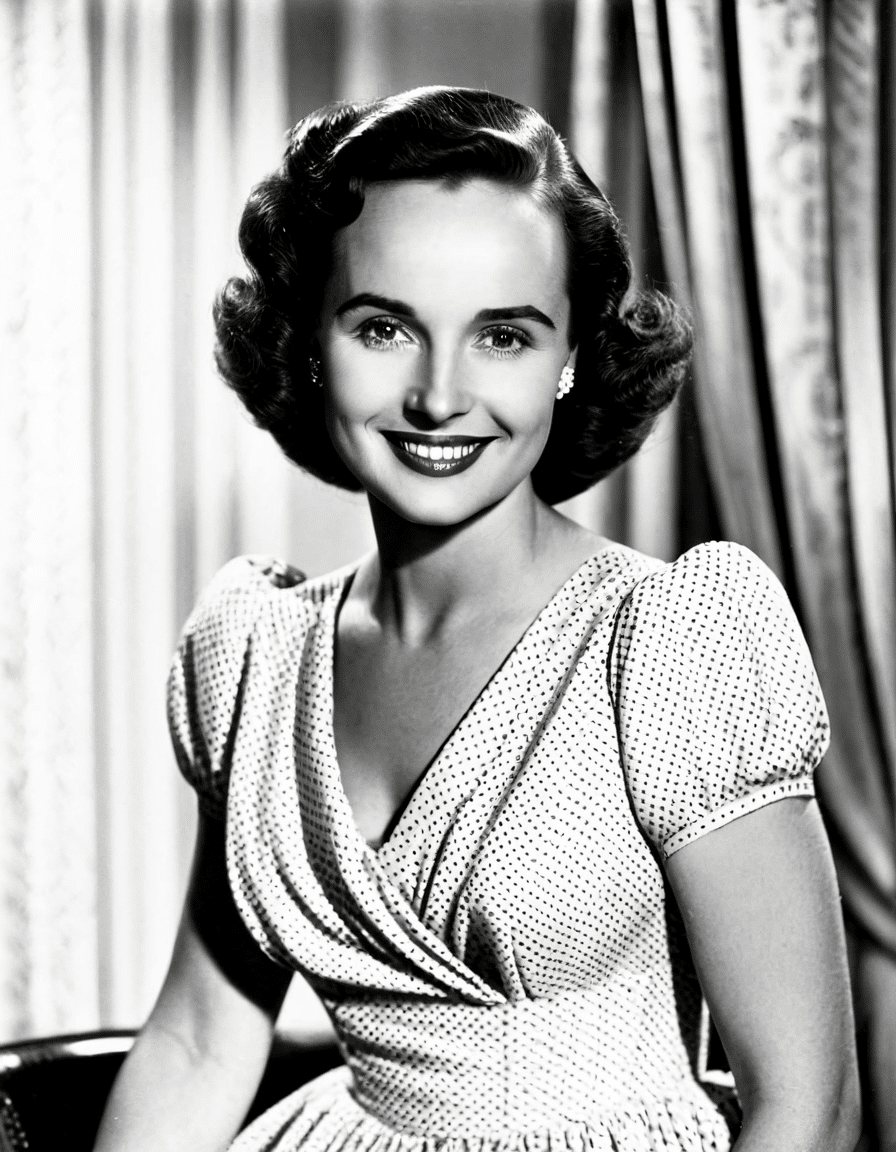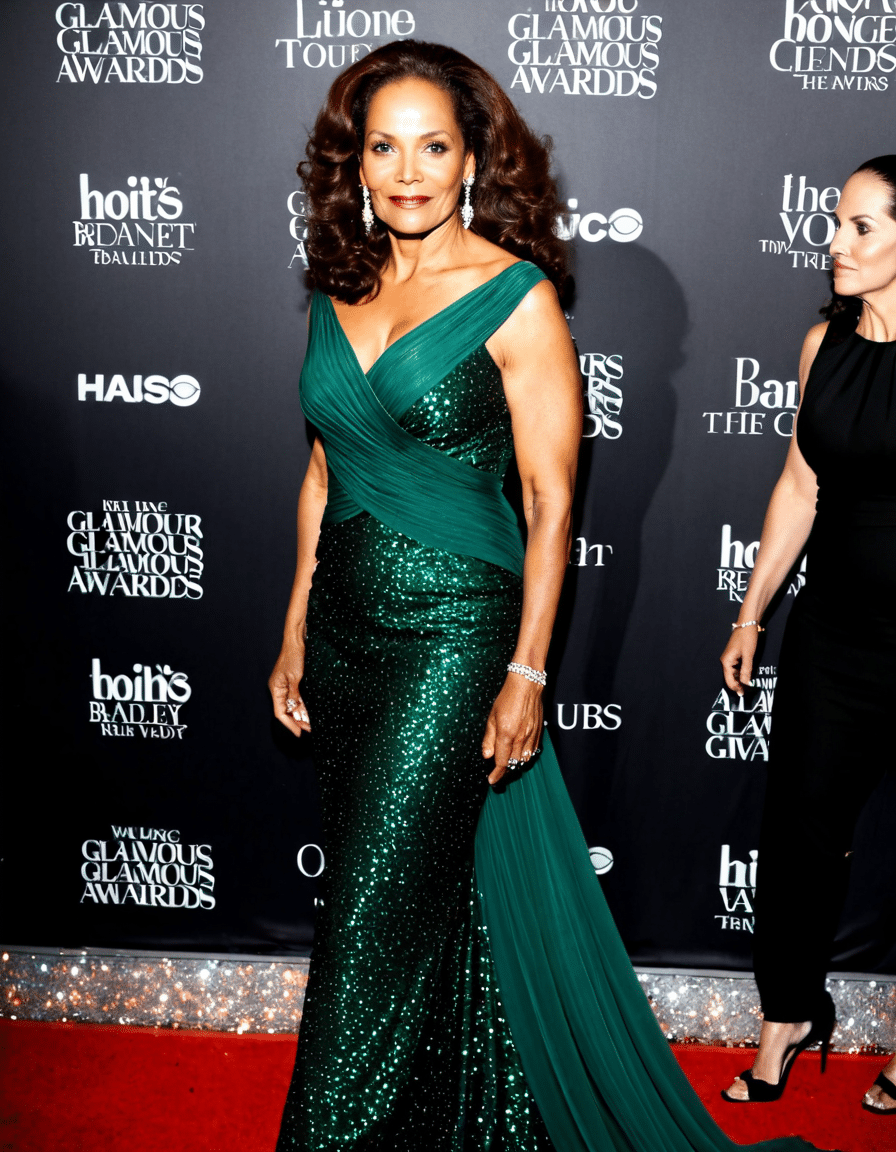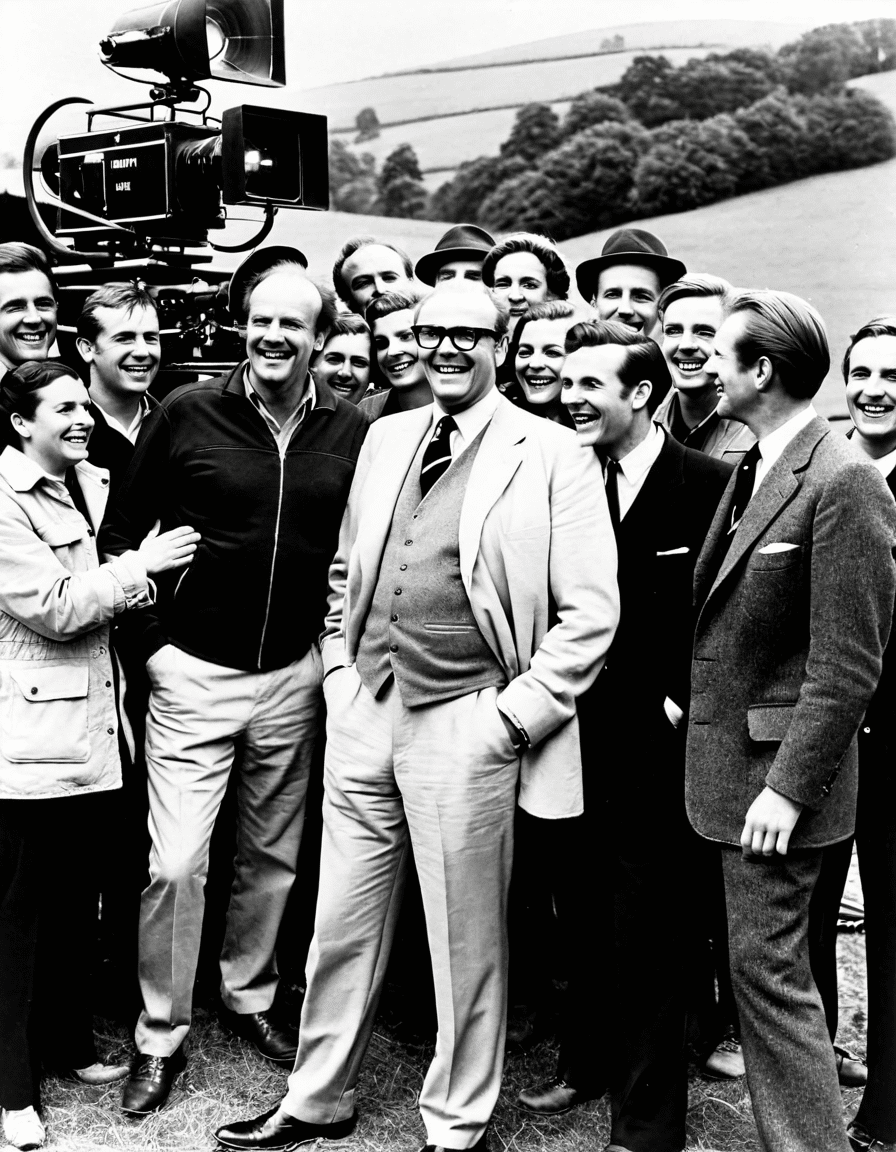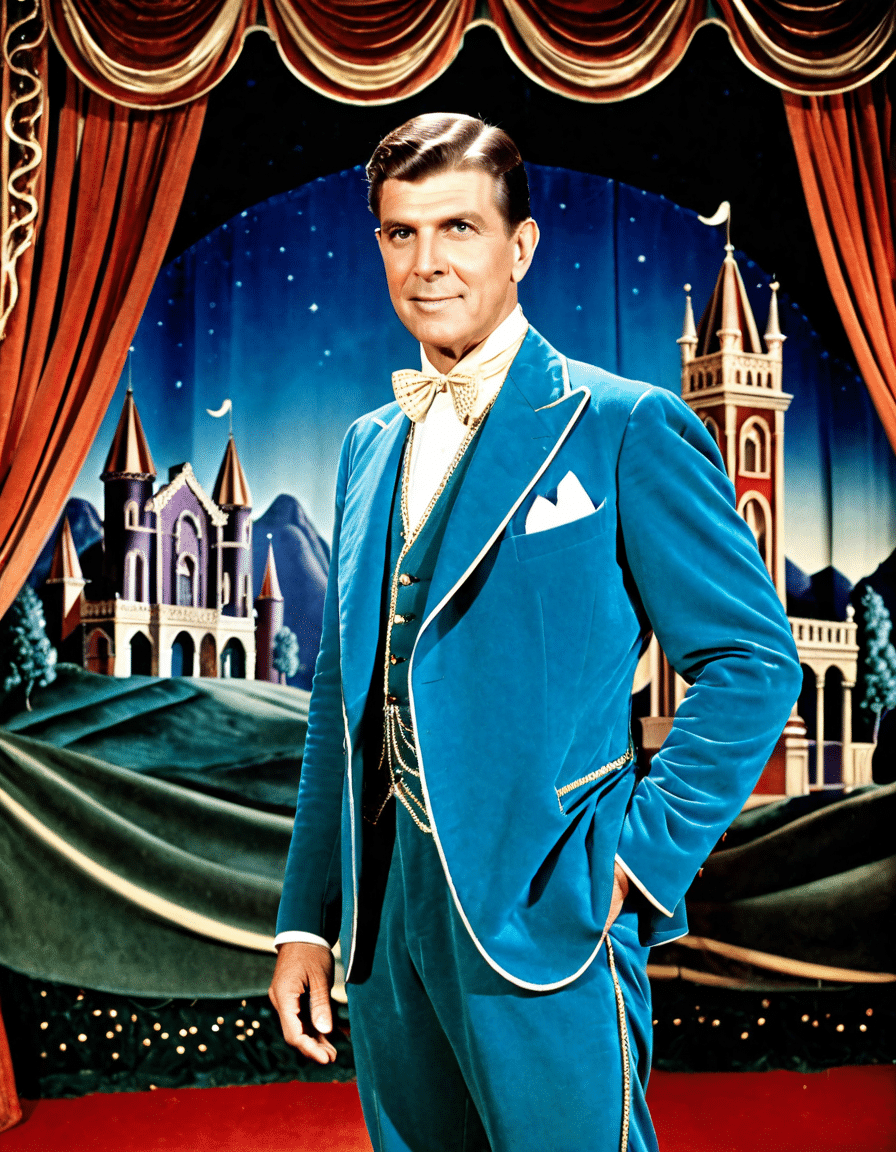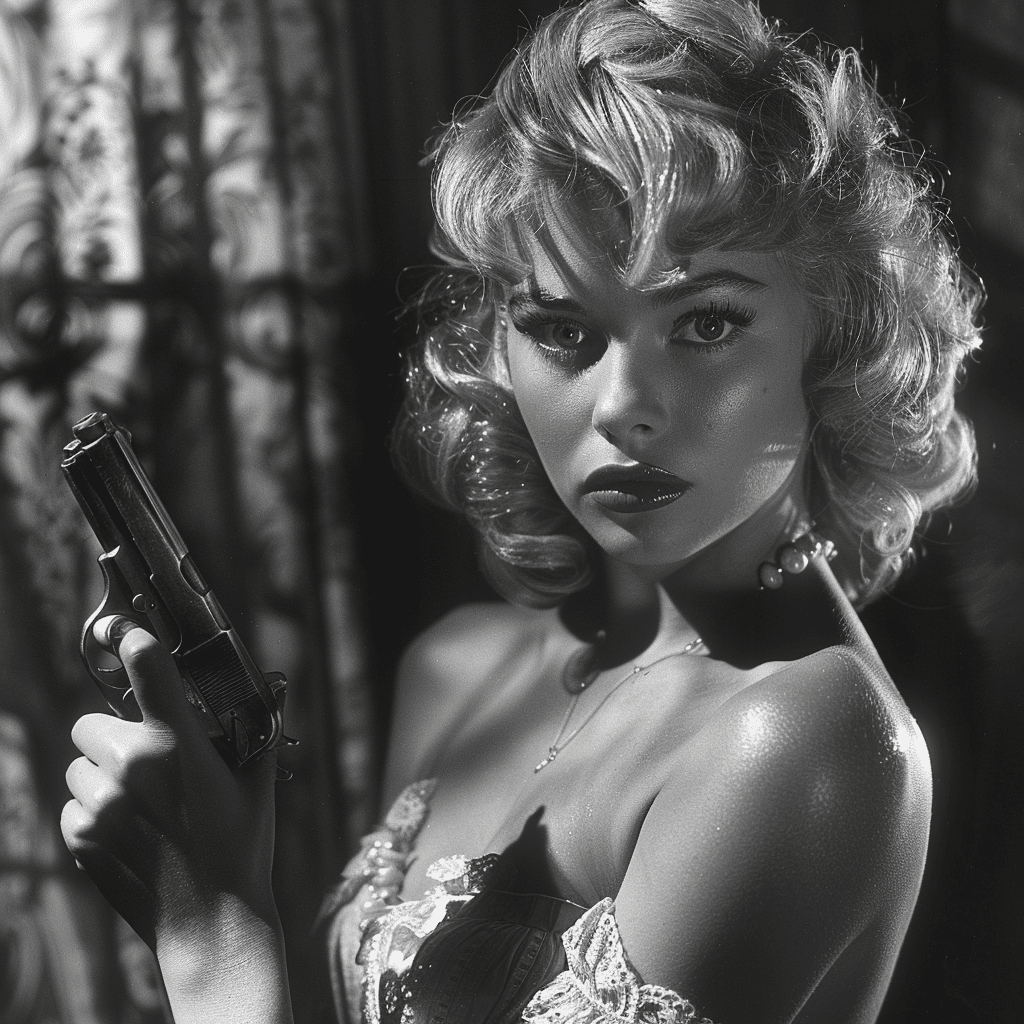The term “ass” has taken quite a journey in popular culture, shifting from a social taboo to a herald of triumph. No longer confined to the realm of obscenity, “ass” has found its way into our everyday language, mirroring evolving views on body confidence, sexuality, and self-expression. Reflecting broader societal changes, the past two decades have shown a remarkable transformation. Back in the early 2000s, it might have been a derisive jab, but today, it’s an emblem of empowerment. Take a look at artists like Nicki Minaj and Cardi B, whose bold reclamation of the term showcases its potential as a symbol of liberation and strength.
It’s a powerful narrative when you consider how cultural attitudes have changed. In many ways, the embrace of “ass” aligns perfectly with the resurgence of body positivity. The conversation has shifted, encouraging individuals to own their bodies and express themselves without fear of judgment. Today, self-love is more than just a trend; it’s a movement. As our understanding of beauty diversifies, we see a collective shout-out to every shape and size, moving the conversation from the margins to the mainstream. From the glitzy music videos to the meme-strewn chaos of social media, the “ass” has become a rallying cry for body positivity.
As we dive deeper into this phenomenon, it’s helpful to explore some key references that shaped the dialogue around “ass” in pop culture. These moments and images have not just entertained but sparked conversations, sometimes divisive yet always impactful.
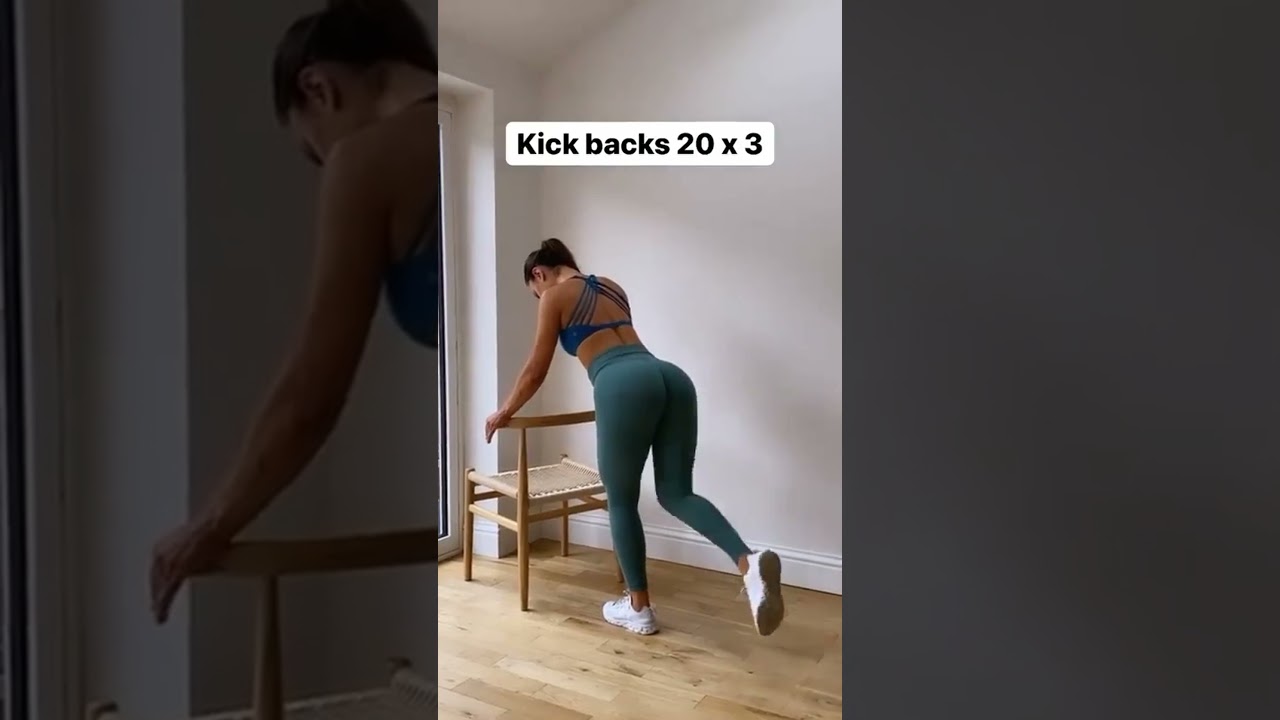
Top 7 Iconic References to ‘Ass’ in Pop Culture
Nicki Minaj’s 2014 music video for “Anaconda” remains a cultural touchstone. When it dropped, it didn’t just bring a catchy beat; it unleashed a visual celebration of curves that had everyone talking. It pushed boundaries and altered expectations, marking a new chapter in how female bodies are portrayed in pop culture. You can’t help but feel a sense of empowerment watching it.
The 2020 release of “WAP” by Cardi B, featuring Megan Thee Stallion, turned the music industry on its head. With fierce lyrics and eye-catching visuals, it sparked intense discussions about female sexuality. This anthem turned “ass” into a focal point for debates about empowerment, encouraging women to celebrate their sexuality with pride. Cardi transformed the narrative of liberation, making it unashamedly bold.
Platforms like TikTok have become a vibrant space for celebration and self-expression through dance challenges focusing on the “ass.” These viral sensations have democratized body confidence, allowing users from all walks of life to participate. It’s a revolutionary movement that challenges traditional norms, creating a sense of community around acceptance and joy in one’s own skin.
The spotlight on the “ass” has also made waves in the fashion industry, particularly with streetwear brands like Yeezy. They’re leading the charge with designs that emphasize body shapes while embracing diverse aesthetics. This fashion revolution doesn’t just cater to the mainstream; it represents ignored body types and unapologetically celebrates them.
Comedians like Kevin Hart have intertwined the concept of “ass” into their routines, delivering a mix of humor and relatability. By sharing their insecurities and awkward moments, they connect with audiences, offering laughter as a remedy for societal pressure. Humor humanizes the experience, helping break down barriers and encouraging acceptance of all body types.
Reality TV has often been a double-edged sword, particularly with shows like “Keeping Up with the Kardashians.” With their focus on enhanced bodies and luxurious lifestyles, the Kardashians have solidified the “ass” as a standard of desirability. This portrayal has provoked varied reactions, sparking conversations about authenticity, body image, and individual worth.
In films like “The Lobster,” directed by Yorgos Lanthimos, unconventional portrayals of love and beauty make audiences rethink societal norms. An absurdist approach sharply critiques how society often dictates what beauty should be. This artistic commentary relates tightly back to how “ass” has been shaped in our culture, reflecting broader issues of self-acceptance and identity.

Buttons, Baskets, and Zippers: The Fashion Industry’s Playful Engagement with ‘Ass’
In today’s fashion arena, buttons, baskets, and zippers have become playful elements celebrating the “ass.” Brands like Fashion Nova and ASOS are crafting pieces that enhance curves, using strategic placements to create captivating silhouettes. The clothing not only emphasizes the form but does so in a manner that encourages everyone to show off their unique body shape. It’s practical, stylish, and all about owning one’s body with confidence.
The playful interactions with design create opportunities for personal expression, allowing individuals to embrace their curves. This playful yet powerful engagement sets a tone for body positivity, making garments something more than mere fabric. They become statements of identity in a world where self-expression is paramount.
As consumer demand shifts, the success of brands focusing on accentuating the “ass” speaks volumes to societal changes. We’re experiencing an era where styles are not just made to fit; they’re crafted to celebrate uniqueness, breaking stereotypes. The shift serves as a reminder: fashion needs to uplift rather than confine.

Scissors and the Evolution of the Body Positive Movement
The body positivity movement utilizes scissors as a metaphor for changing perceptions—a symbol of how we can cut through unhealthy standards and reconstruct narratives around beauty. Activists advocate for a varied representation of body types, stressing that beauty comes in all shapes and sizes. By rejecting traditional ideals, they foster an environment of authenticity where everyone feels valued.
This movement reshapes the understanding of “ass” in profound ways. Embracing different body types not only expands the definition of beauty but also encourages individual narratives that challenge societal norms. As individuals share their stories, they contribute to a growing tapestry of acceptance with “ass” as a central piece.
As we enter 2026, it’s safe to say that societal acceptance of various body types has a solid footing. The discourse surrounding body confidence has grown, redefining the “ass” not merely as a physical attribute but as a symbol of pride and self-affirmation. The evolution from whispers to bold expressions fosters new attitudes toward the human body and identity.
In conclusion, as the “ass” continues to shape fashion, music, and media, we’re left with a message that resonates deeply. Embracing oneself, celebrating individuality, and challenging past notions of beauty is no small feat. The “ass” embodies a multifaceted narrative of empowerment, pushing us to find confidence in a world that often seeks to alter us. As we move forward, let’s keep celebrating these nuanced conversations that fuel change in pop culture. They do more than entertain; they invite us to re-evaluate our perceptions of beauty and self-worth in the tapestry of modern society.
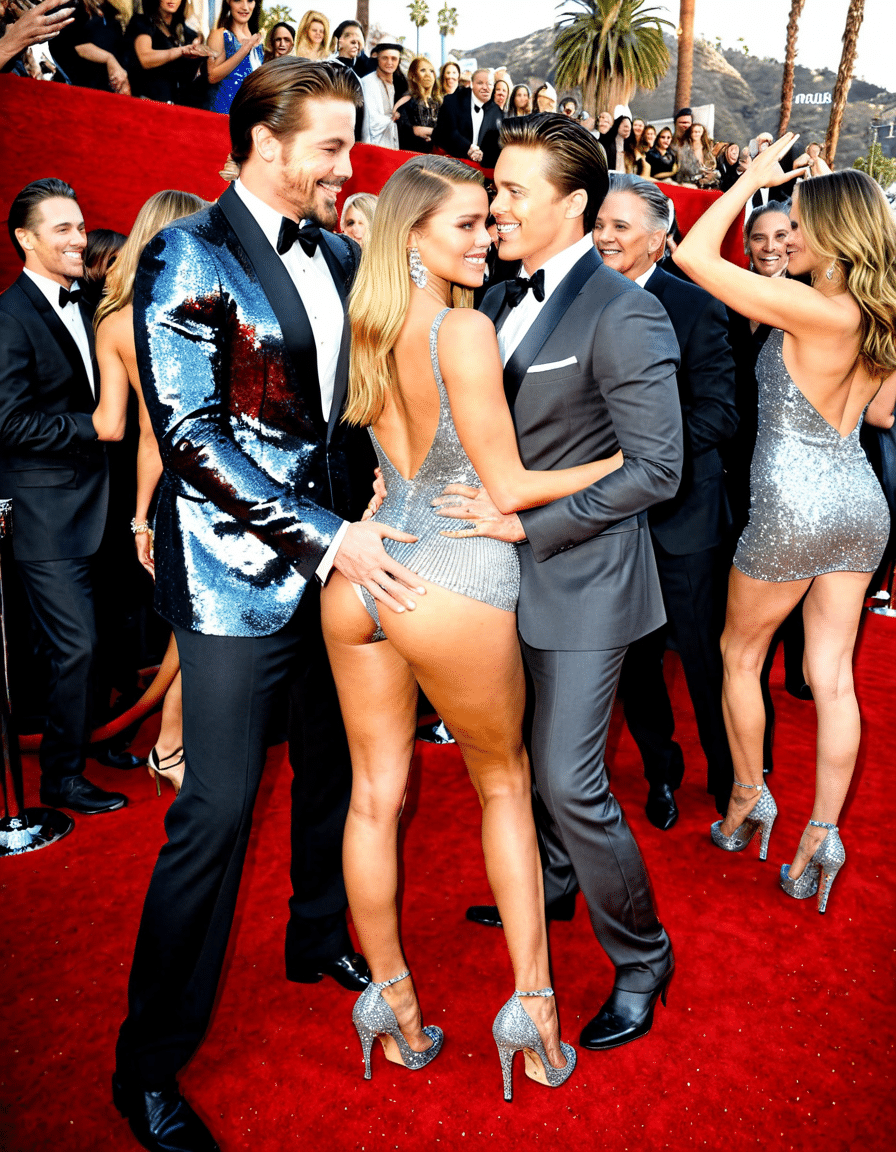
Ass: A Deeper Dive into Its Impact in Pop Culture
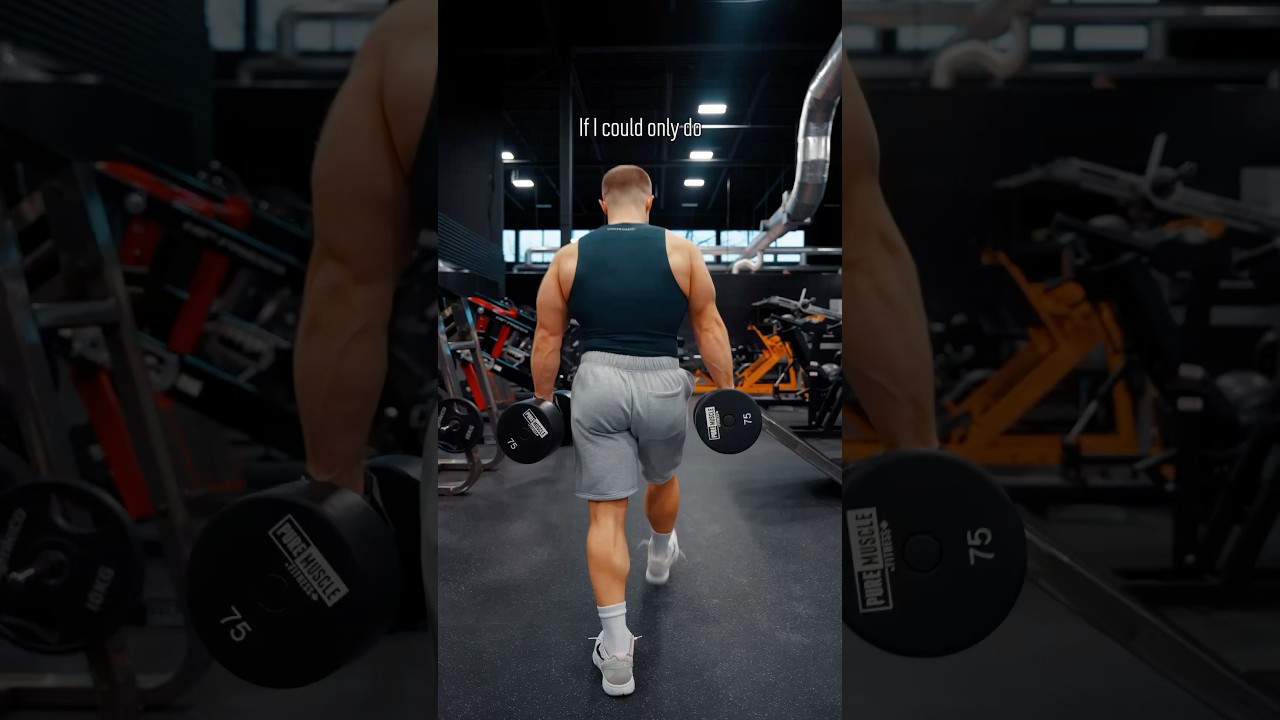
Iconic Moments and Memorable Lines
When it comes to pop culture, “ass” isn’t just a word; it’s a fun, lively concept that’s shown up in movies, songs, and shows throughout the decades. Take, for instance, that iconic line from the ’80s film “Airplane!” where humorous misunderstandings lead to hilarious contexts involving the word. Even Arnold Schwarzenegger has had his share of comedic moments in holiday flicks, featuring some cheeky references that mirror the playful use of the term in today’s films, like an Arnold Schwarzenegger christmas movie you might not expect! Fun fact: the term adds an instant comedic effect that resonates with the audience, a reflection of how humor often finds its way into the most unexpected places.
Cultural References and Linguistic Twists
Throughout various cultures, “ass” symbolizes rebellion, strength, and sometimes, just plain fun. For instance, in Japanese pop culture, actress Ryunosuke Kamiki embodies characters that emphasize bravery and quirky traits, reminding us that even in serious plots, a lighthearted use of language can leave a lasting impression. Moreover, did you know that the phrase “Shikanoko Nokonoko Koshitantan” has its own unique meaning? It’s a playful twist that can be tied back to cultural elements, showing how language evolves and adapts within pop culture. The creative landscape often explores words and phrases that push boundaries, serving as a canvas for expressions like syrup and dress Socks found in playful or ironic contexts.
The Legacy of “Ass” in Modern Media
As pop culture evolves, the term “ass” continues to be redefined and rejuvenated. With the recent rise of social media, it’s common to see quotes and memes that elevate this word into something memorable. Jann Wenner once stated that cultural icons carry a weight that binds generations, and the playful use of words, including “ass”, proves this point with its widespread recognition and humor. The connection between words and their impact is fascinating—much like a rigged game where outcomes occasionally surprise us! In essence, the legacy of “ass” speaks volumes about societal norms and the art of laughing at ourselves, grounding the term in a way that’s relatable across diverse audiences.
So, whether you’re spotting it in film or hearing it in casual banter, it’s clear that “ass” isn’t just slang; it’s a reflection of our culture, packed with humor and poignancy.


